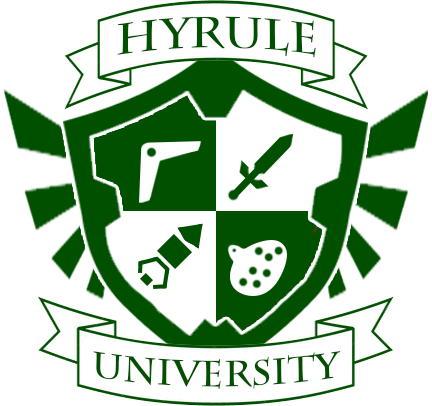
So there’s been a lot said about the current controversy with an Ivy League professor and his shady research. And while I don’t feel like I have anything new or meaningful to contribute, I did want to reflect on this controversy as it relates to the psychology and social sciences, or in other words my field of study.
My thesis research didn’t pan out how I anticipated. I overprepared, hoping by collecting more variables I would have a greater chance at finding significance, but still, all my attempts at finding a story failed. My thesis and I interrogated my dataset, probably too hard, for two weeks but found nothing too surprising. We probably engaged in what an angelic statistician would have labeled as p-hacking, and I admit it might have gotten a little out of control.
But I realize now that finding significance isn’t the most important thing. I’ve accepted that my thesis isn’t ruined because I found no significance. And even though I might not get a publication out of my thesis that also isn’t the end of the world. I’ve learned a lot about the research process, and know how to refine and improve my next attempt at these research questions and hypotheses.
So the real question is what am I learning from Wanksink? I’m learning that P-hacking is not ethical, but also that I should not be obsessed with finding significance or getting published. I do think that if your research into the literature reveals that these variables are related somehow, or that you have a hunch that they are, but in the end, the relationship that arose out of the data is not what you expected, then you aren’t such a terrible researcher. I think a little bit of investigation is okay with data, but squeezing data for significance is too much.
I also hope that one day I have the guts to not go fishing for significant p values. Or that I don’t let the allure of being published (or going viral) interfere with the objectivity of my research.
(Note – I know I am using the same image as the Buzzfeed article. In my defense, I just Googled “sliced and diced” and it was one of the stock images that came up)



